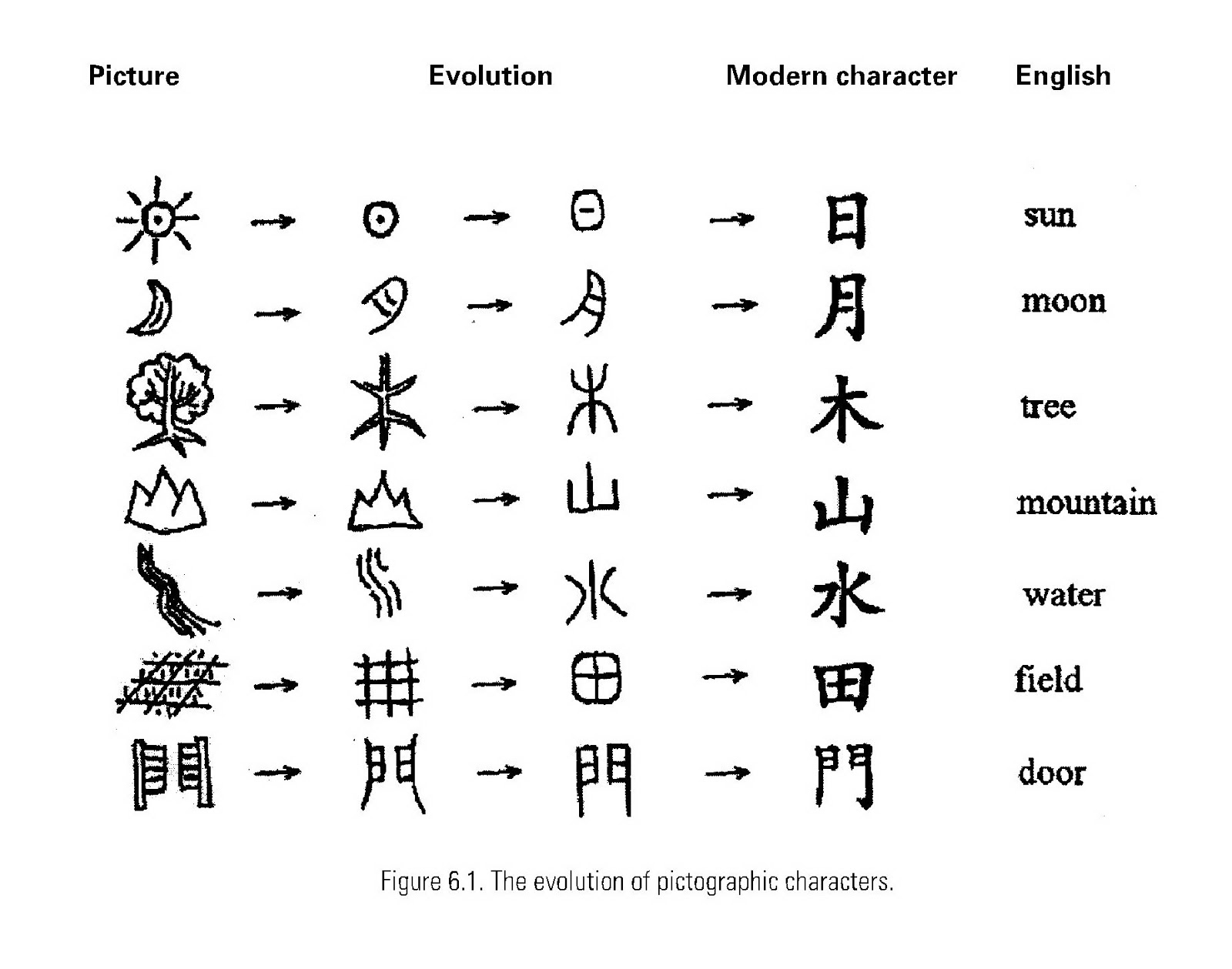


Saying that something adheres to a government sanctioned standard is in itself not a statement about whether something is desirable or not. A third word that can also be used is “standard”, 标准/標準 (biāozhǔn) in Chinese., which is more neutral (and maybe also more accurate). When it comes to standard Chinese, though, “good” and “correct” often mean the same thing in everyday language. Our dictionaries are more descriptive than prescriptive, with the expressed goal of showing how the language is used, not how the institution that created the dictionary thinks it ought to be used.
Funny english words in chinese accent tv#
We do of course have an idea of what standard Swedish is, but you will hear all sorts of accents on national TV broadcasts, even if it was not like that historically. Other countries, such as my native Sweden, is closer to the other end of the spectrum.

This standard is also used for various tests for native speakers, such as those you need to pass to become a teacher (although the requirements for teachers are lower than for news anchors). You will not hear regionally accented Mandarin from news anchors on CCTV and they can indeed be fined even for slight deviations from the standard. Some, such as China, has clear standards for how the language should be used and invests a lot of time and effort into trying to implement this. Countries vary in how prescriptive their governments are when it comes to language use. What is standard Chinese pronunciation anyway?īefore we continue the discussion, it’s worth talking about the words used here. Should you listen to your teacher when she insists that s and sh are different, even though people around you tend to merge them?.What if your textbook says nǎr for “where”, but most of your friends say nǎlǐ?.If your dictionary says xiàzài for “to download”, but everybody you meet says xiàzǎi, does it still make sense to stick with the standard?.Still, since very few native speakers have a perfectly standard accent, students constantly need to navigate between standard and regional accents. Standard pronunciation is usually not desirable in and of itself, but because it grants the best communicative ability in most situations. These approaches are different in their fundamental attitude towards language, but in this article, I will argue that they are in fact similar when it comes to practical matters and learning Chinese as an adult student. Tune in to the Hacking Chinese Podcast to listen to the related episode:Īvailable on Apple Podcasts, Google Podcast, Overcast, Spotify, YouTube and many other platforms! From this perspective, good pronunciation is determined by whether or not it makes it easy for other people to understand what you want to say, so you’re not comparing with an absolute standard, in other words. Aiming for something specific makes it easier to gauge if you’re hitting the mark or not, and if you miss, you can adjust and improve.Ī more freewheeling approach would be to ignore the standard and set a communicative goal instead. For most students, this target is Standard Chinese.

When learning to pronounce the sounds of Mandarin, it’s good to have a clear target in mind.


 0 kommentar(er)
0 kommentar(er)
